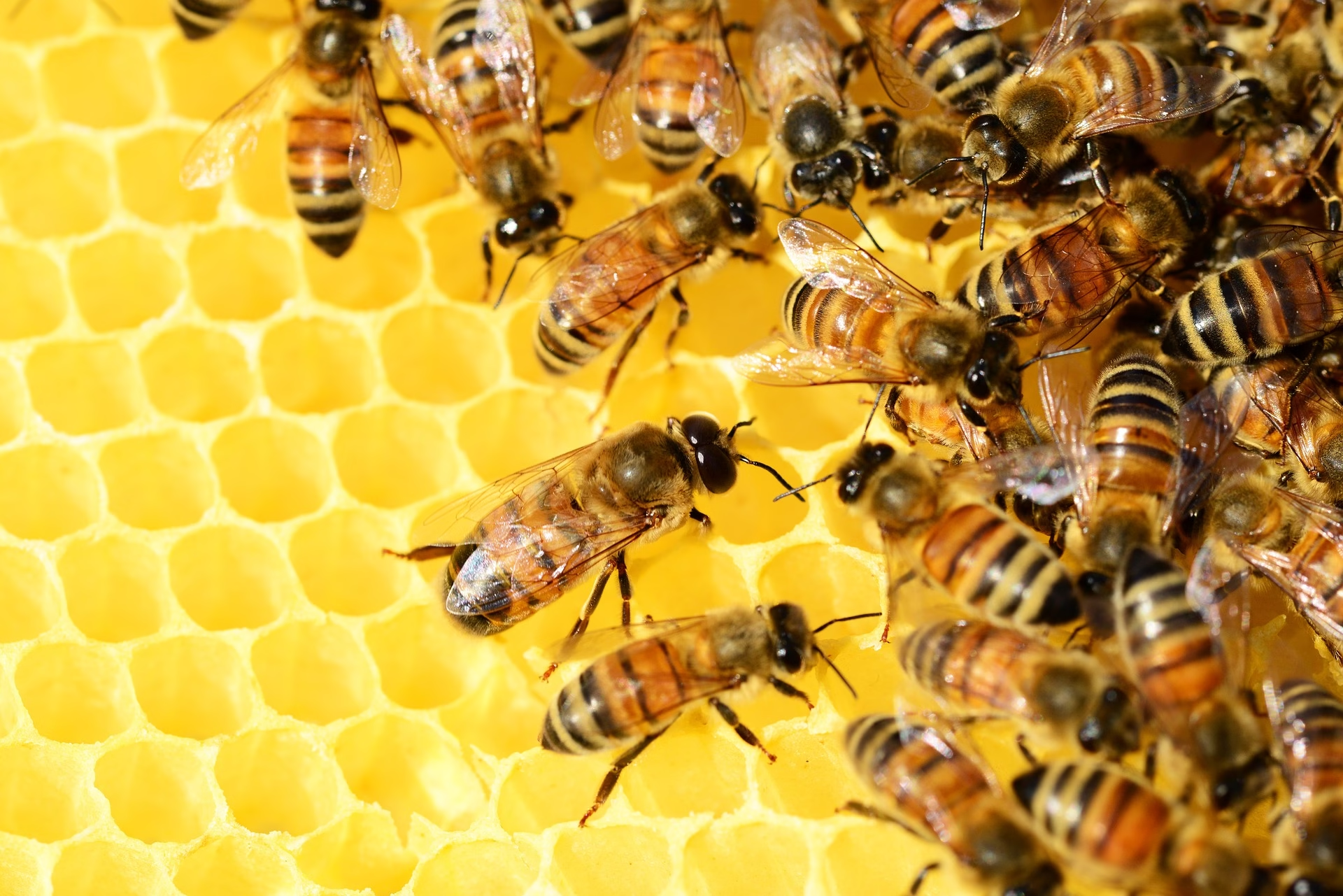Tripura is a state in northeastern India that is known for its rich biodiversity. The state has a wide range of climatic conditions, which allows for the cultivation of a variety of plants and trees. This diversity is also reflected in the state’s insect population, which includes a number of unique and interesting species.

In 2019, the Tripura government declared the honey bee (Apis cerana indica) as the state insect. This was done in recognition of the important role that honey bees play in the state’s ecosystem. Honey bees are pollinators, which means that they help to transfer pollen from one plant to another. This process is essential for plant reproduction and for the production of food.
Also Read: What are the local vegetables of Tripura?
Honey bees are also a source of honey, which is a valuable food and medicinal product. Honey is a natural sweetener that is high in antioxidants and other nutrients. It has been used for centuries to treat a variety of health conditions, including wounds, burns, and infections.
The declaration of the honey bee as the state insect of Tripura is a positive step that will help to raise awareness of the importance of these insects. It is also a way to encourage the conservation of honey bees and their habitats.
Here are some additional details about the honey bee:
- Honey bees are social insects that live in colonies. A colony can have anywhere from a few hundred to tens of thousands of bees.
- Honey bees are found all over the world, except for Antarctica.
- Honey bees are important pollinators. They help to transfer pollen from one plant to another, which is essential for plant reproduction.
- Honey bees produce honey, which is a valuable food and medicinal product.
- Honey bees are facing a number of threats, including habitat loss, climate change, and pesticides.
It is important to protect honey bees and their habitats. We can do this by planting bee-friendly plants, avoiding the use of pesticides, and supporting beekeeping. By taking these steps, we can help to ensure that honey bees continue to thrive and play an important role in our ecosystem.
AGULI STAFF DESK









